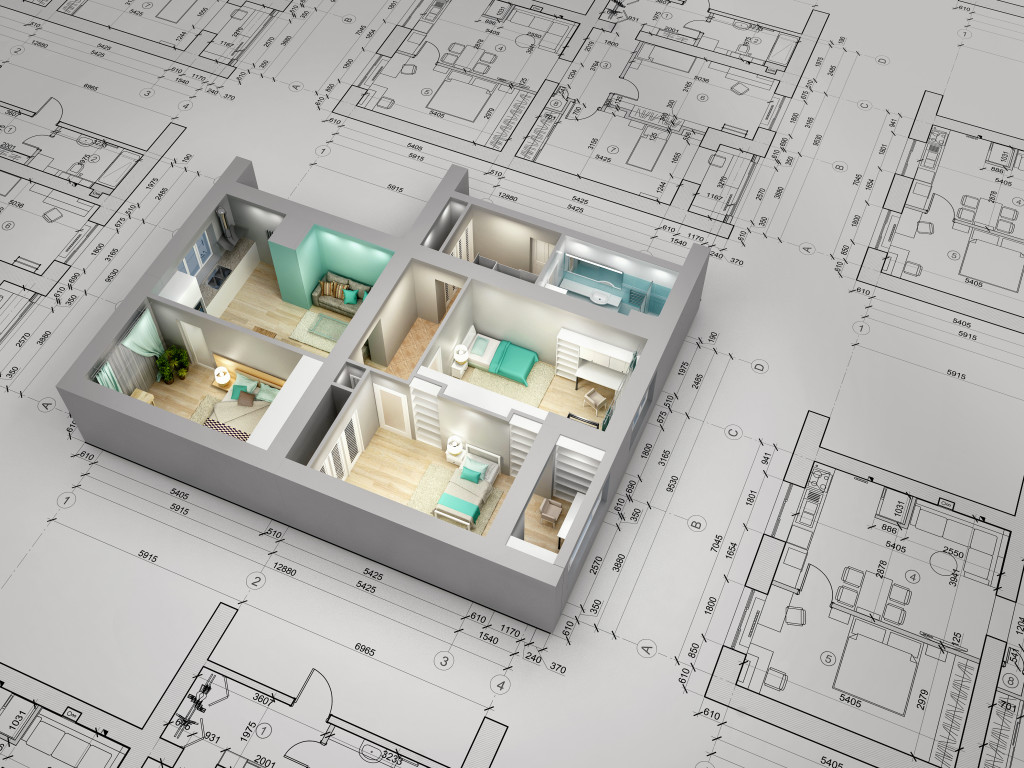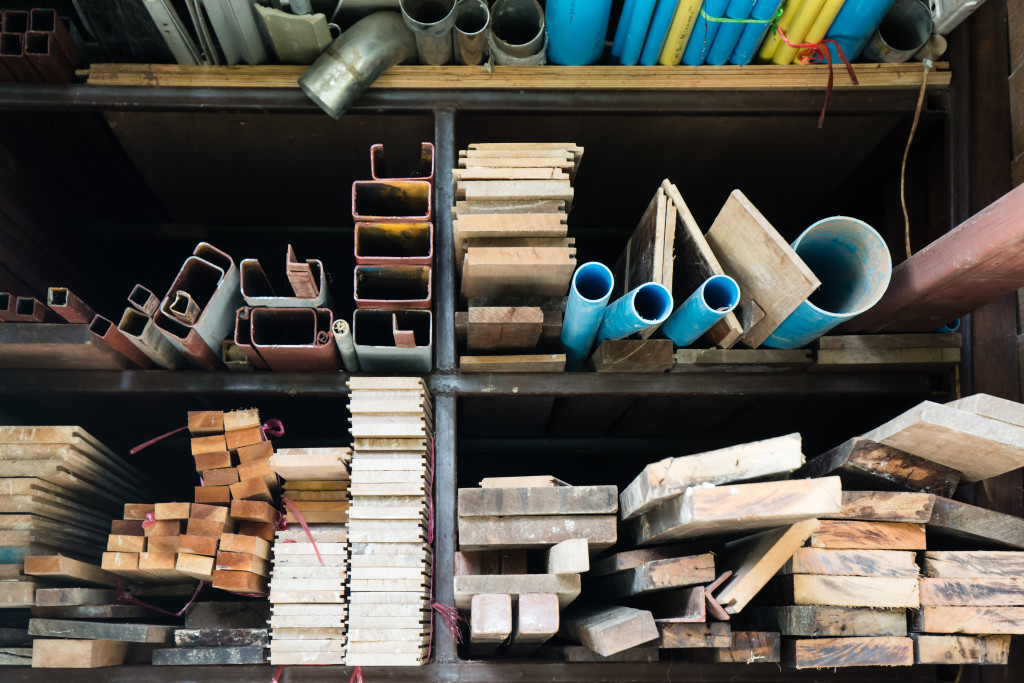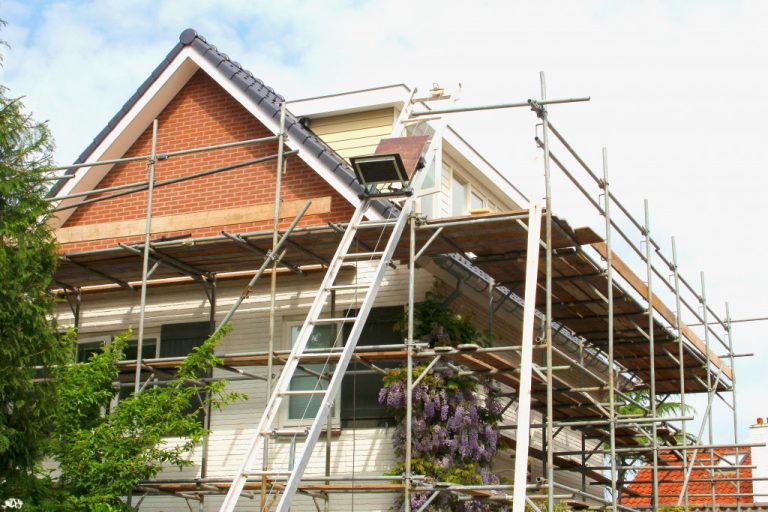- The floor plan should be carefully considered to meet your family’s lifestyle and accommodate your future needs.
- The location should be chosen based on its potential for future development, access to schools and amenities, and environmental aspects that align with your lifestyle.
- Property inspections should be conducted to identify any problems with the structure, plumbing, safety features, and building code compliance.
- Prioritize material quality to ensure the construction meets local regulations and can withstand regional weather conditions.
- Energy-efficient features will lead to long-term savings and reduced environmental impact.
Building a home is an exciting and fulfilling process. From choosing the best location to picking floor plans, a homeowner must make important choices about the home’s design and features. When building a home, certain areas require more attention than others. This blog will discuss some critical areas to focus on when building a home property. Whether you are building a property for investment or a family home, the information shared will guide you toward making the best decisions.
1. The Floor Plan:
The floor plan is the foundation of your dream home as it determines the layout of the living space. When choosing a floor plan, consider the number of bedrooms and bathrooms you need, your family’s lifestyle, and future needs. Think about accessibility for those with mobility issues or disabilities if the need arises. You can consult an architect or builder to design a custom layout that meets your preferences.
If you cannot find a floor plan that meets your needs, consider more flexible options like split-level designs. This design allows for a larger living space while accommodating different generations. You can also opt for an open-concept layout, giving you more room to work with and create a contemporary look.

2. Location:
Location is a crucial factor that can affect the value of your property. When choosing a property location, consider factors such as future developments in the area, access to schools, and essential amenities such as shops, hospitals, and transport. Additionally, consider the surrounding environment and how it aligns with your lifestyle and interests. For instance, if you love water sports, a property near the beach could be perfect.
3. Property Inspections:
It is essential to have a property inspection before signing on the dotted line. An inspector can provide an unbiased opinion about any potential problems with the house. They can also check for any minor problems that may need attention before you move in. Here are some inspection tasks to prioritize:
a. Structural soundness
An inspector will check for structural damage or wear and tear signs. They will examine the foundation, walls, and roof to ensure everything is in order. They also look for any water damage, fungal infestations, and other potential problems that could affect the property’s value.
b. Plumbing
Pipes, drainage systems, and water pressure should be checked to ensure all the plumbing is in good condition. An inspector can employ an advanced solution called intelligent pigging for pipelines to help identify any damage inside pipes. This process can save you from future plumbing issues.
c. Safety features
Flame detectors, smoke alarms, and carbon monoxide detectors must be checked for their working condition. The inspector will also review the electrical wiring and ensure it meets safety standards. Some inspectors may go as far as conducting radon testing, which can identify radiation levels in the home.
d. Building code compliance
The inspector can check if all building code requirements are met. This includes ensuring that the home meets the necessary safety regulations. If any codes or laws have not been followed, the inspector will advise you on what steps to take.

4. Material Quality:
Constructing a home is a capital-intensive project. Hence, you want to ensure that the materials used are high quality. Ensure that your builder uses materials that meet local building codes and regulations that will offer maximum safety and security. Research and obtain information on the materials suitable for your building area and protect against regional weather conditions.
5. Energy Conservation:
Finally, designing a home with energy-efficient features can lead to long-term savings on utility bills. Incorporating energy-efficient options such as insulated windows, solar panels, or eco-friendly roofing materials will benefit your wallets and the environment. Additionally, install heating and cooling systems with the correct specifications for the local climate to ensure optimal energy conservation.
You can also consult energy rating certifiers to provide you with an accurate assessment of the property’s energy efficiency. This will enable you to make the necessary changes to ensure your home is as energy-efficient as possible.
Building a home can be an exciting adventure, but it is important to prioritize certain aspects of the process to ensure long-term satisfaction. You should focus on the floor plan, location, property inspections, material quality, and energy conservation to ensure a successful build. You can construct the home of your dreams with proper research and planning. Always consult with a professional to guarantee the best outcome.
